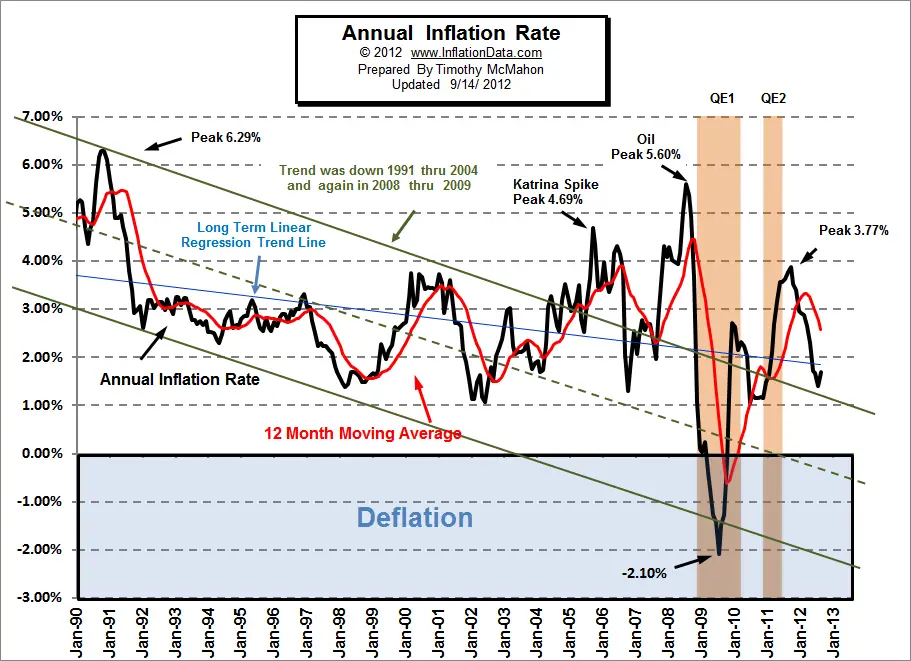seemslikeadream wrote:Our Collapsing Economy and Currency
The Coming Crash of America
by PAUL CRAIG ROBERTS
Is the “fiscal cliff” real or just another hoax? The answer is that the fiscal cliff is real, but it is a result, not a cause. The hoax is the way the fiscal cliff is being used.
The fiscal cliff is the result of the inability to close the federal budget deficit. The budget deficit cannot be closed because large numbers of US middle class jobs and the GDP and tax base associated with them have been moved offshore, thus reducing federal revenues. The fiscal cliff cannot be closed because of the unfunded liabilities of eleven years of US-initiated wars against a half dozen Muslim countries–wars that have benefitted only the profits of the military/security complex and the territorial ambitions of Israel. The budget deficit cannot be closed, because economic policy is focused only on saving banks that wrongful financial deregulation allowed to speculate, to merge, and to become too big to fail, thus requiring public subsidies that vastly dwarf the totality of US welfare spending.
Bullshit. The budget deficit cannot be closed because the GOP will not only not agree to return tax rates on people earning more than $250,000 a year to their (really very prosperous) Clinton-era levels, they won't even agree to raise them to a still historically low but somewhat-higher-than-Bush-era level.
Furthermore, although those wars were/are expensive and unfunded, that's not the long-term issue. And the bank(etc.) bail-out costs are barely a factor. And (most fucking perniciously) that stuff about the offshoring of U.S. middle class jobs and the tax base associated with them is not only absolute crap in itself -- insofar as that's such a minuscule loss of revenue relative to the deficit that it barely makes a difference -- it's basically just a very indirect way of saying that the way to raise revenues is to close loopholes and raise rates on the middle class. Which is EXACTLY what the very same GOP representatives whom Paul fucking Craig Roberts purports to be assailing want to do.
Same bullshit as Nomi Prins, IOW. Talking left while meaning right. Bait and switch. Sleight of hand. Bad news. Grrr.
The hoax is the propaganda that the fiscal cliff can be avoided by reneging on promised Social Security and Medicare benefits that people have paid for with the payroll tax and by cutting back all aspects of the social safety net from food stamps to unemployment benefits to Medicaid, to housing subsidies. The right-wing has been trying to get rid of the social safety net ever since Franklin D. Roosevelt constructed it, out of fear or compassion or both, during the Great Depression.
Like he cares. Here's a clue: RAISE TAX RATES ON THE WEALTHY.





